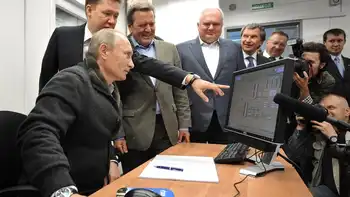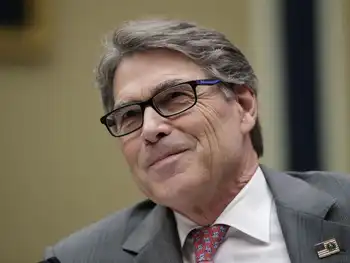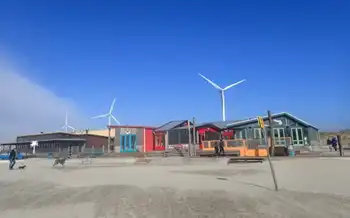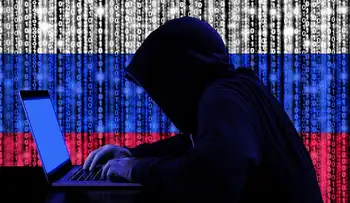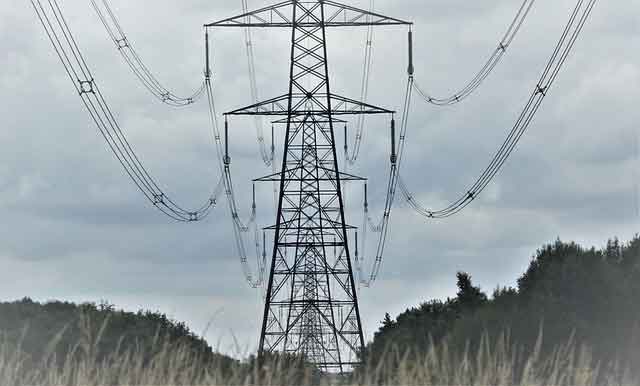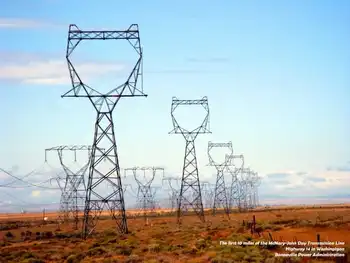ADFD and IRENA Announce Funding by ADFD of USD 44.5 million in Four Developing Countries
CSA Z463 Electrical Maintenance
Our customized live online or in‑person group training can be delivered to your staff at your location.

- Live Online
- 6 hours Instructor-led
- Group Training Available
IRENA/ADFD Project Facility Round 4 delivers USD 44.5 million in concessional finance for renewable energy, funding solar PV, wind integration, hydropower, and hybrid micro-grids to expand energy access across Pacific and African developing countries.
Key Points
An ADFD-IRENA funding round providing USD 44.5M concessional loans for four renewable projects in Africa and the Pacific.
✅ USD 44.5M concessional loans at 1-2% over 20 years
✅ Four projects: solar PV, wind-solar, hydropower, micro-grids
✅ Expands energy access for 170k+ people across islands and Sahel
Four renewable energy projects in developing countries in the Pacific and Africa have been identified by Abu Dhabi Fund for Development (ADFD) and the International Renewable Energy Agency (IRENA) to receive USD 44.5 million in funding. ADFD’s funding will support a diverse set of projects including a hybrid micro-grid project employing solar PV and advanced lithium-ion batteries, a hydropower project, integrated wind and solar, at a time when renewable power is the cheapest new electricity in most of the world, and a combination project consisting of micro-grid and solar home kits. The announcement of this fourth round of funding by the IRENA/ADFD Project Facility was made today at the Seventh Session of the IRENA Assembly.
“Over the course of the last four years, the IRENA/ADFD Project Facility has identified path breaking renewable energy projects that are helping to expand access to energy, bolster energy security as an IRENA report on renewables underscores, and provide sustainable, affordable energy for those who need it most,” said IRENA Director-General Adnan Z. Amin.“Importantly, this Facility is also putting in place an innovative process which supports transformational and replicable projects that can potentially bring sustainable energy to millions of people around the world.”
For his part, His Excellency Mohammed Saif Al Suwaidi, Director General of ADFD said: “ADFD is committed towards steadfast development in the renewable energy sector; it’s a crucial industry for sustainable continuity, long-term growth and constructive evolution of developing nations. Over seven funding cycles, our USD 350 million partnership, IRENA/ADFD Project Facility, aims to support and enhance the developing world’s energy needs by tapping into their abundant renewable energy sources. This collaboration further exemplifies ADFD’s mission and commitment to provide governments with the financial resources, tools, methods and instruments to safeguard against future unknowns, grasp opportunities and seize desired development goals.”
“The UAE’s commitment to advancing sustainable energy transitions in countries around the world has been unwavering, with DEWA renewable initiatives demonstrating recent progress today. “ said His Excellency Ali Al Shafar, the Permanent Representative of the UAE to IRENA. “Our renewable energy development aid has been growing significantly to more than USD 900 Million. This is a testament of our belief in the vital role of renewable energy in achieving the Sustainable Development Goals and universal access to modern energy.”
Through the IRENA/ADFD Project Facility, ADFD provides consessional loans ranging from USD 5 million to USD 15 million per project. Finance is offered at 1 to 2 per cent lending rates with a 20-year loan period, including a 5-year grace period. Loans for each project cover up to half of the estimated project cost, leveraging additional funding from other sources. To help facilitate additional sources of funding, including efforts to accelerate funding for electricity access in developing regions, project developers can register and seek financing sources from IRENA’s Sustainable Energy Marketplace.
The projects selected in this funding round are:
- Marshall Islands: A 4.6-megawatt (MW) hybrid micro-grid project, using solar PV and advanced lithium-ion batteries, that will provide renewable energy access to over 16,000 people. It will essentially eliminate fossil fuel based generation on three outer islands and reduce it by more than a third on a fourth island.
- Niger: A project focused on rural electrification for over 150,000 people, aligning with IEA analysis on Africa's power investment needs, using 2.1 MW solar PV micro-grids and solar home kits. 100 schools will be electrified, drinking water supplies will be improved, and several thousand jobs will be created.
- Seychelles: A government supported solar PV utility scale project will integrate a 5-MW solar PV plant into an existing wind farm, demonstrating an innovative space-saving solution for this small island nation. The project will reduce the country’s dependence on fossil fuels, create almost 300, and supply renewable power to over 1,800 households — benefiting the entire population of 90,000 people.
- Solomon Islands: A government-backed 20 MW reservoir dam and hydropower facility will diversify the country’s energy mix, provide renewable energy access to 5,000 people, create around 400 jobs, and avoid 44,000 tonnes of CO2 emissions per year.





